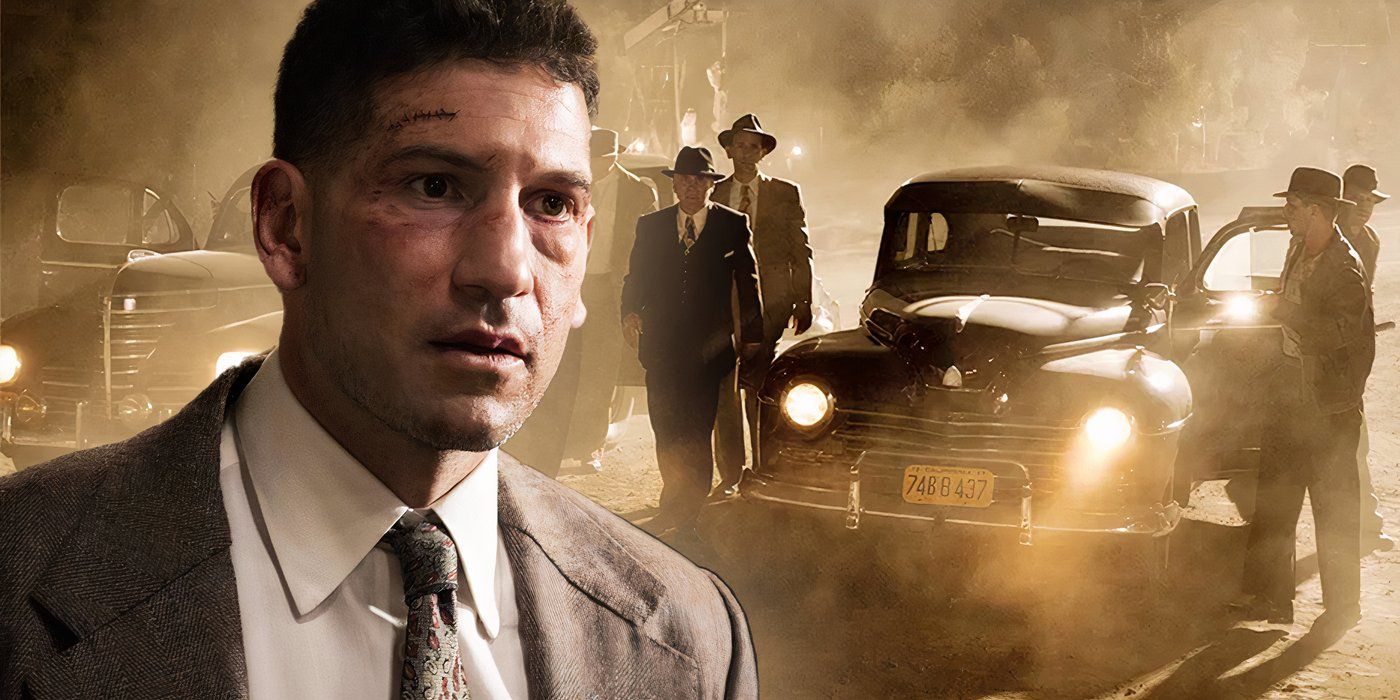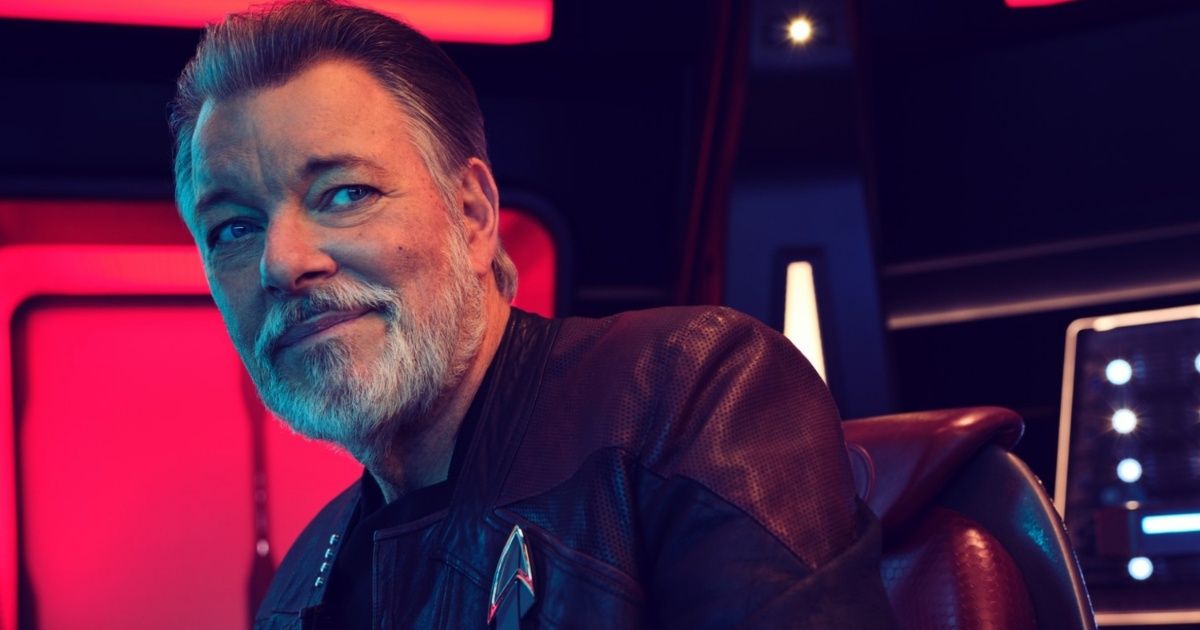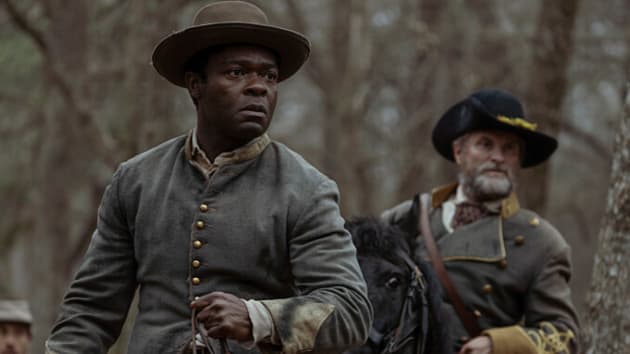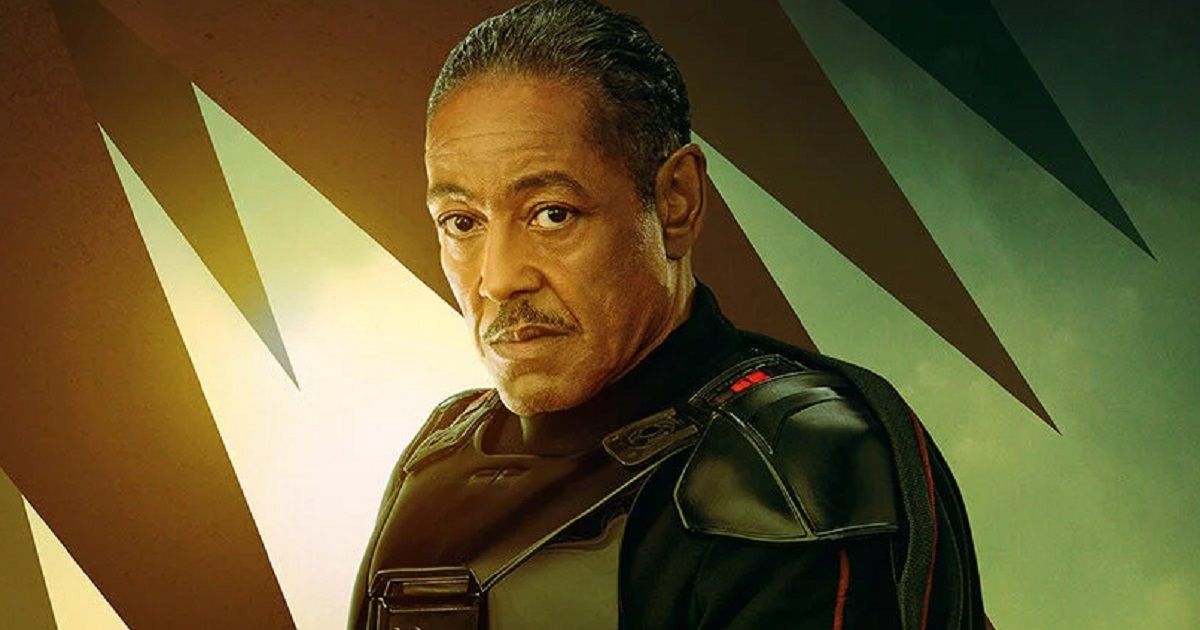Summary
- Commander William T. Riker, played by Jonathan Frakes, is an iconic character in Star Trek, and his charm and allure make his role impactful.
- Riker’s character in Star Trek: The Next Generation presented a unique twist as a youthful and animated First Officer, choosing to remain in that role instead of becoming a captain.
- Jonathan Frakes’ portrayal of Riker is praised for his innate charm and fun, making the character likable and intriguing, and his return as Captain Riker in Star Trek: Picard showcases his maturity and evolution in the franchise.
Star Trek has given us many unforgettable characters, but Commander William T. Riker from Star Trek: The Next Generation is truly iconic. Ronald D. Moore, a notable writer for TNG, believes the role would not have been as impactful had it not been for the undeniable charm and allure of Jonathan Frakes.
Viewers were consistently drawn to the enigmatic Captain Jean-Luc Picard, a testament to Patrick Stewart’s portrayal, in the first Star Trek series. However, TNG presented an intriguing twist by introducing Riker as the more youthful and animated First Officer. Although Commander Riker was crafted as a driven Starfleet Officer, his narrative arc saw him frequently declining captainship of his own vessel, choosing instead to remain as First Officer of the USS Enterprise-D.
Ronald D. Moore’s insights into this character come alive in Peter Holmstrom’s oral history, “The Center Seat: 55 Years of Star Trek.” Moore candidly speaks about the challenge of developing a First Officer distinct from Spock, the Vulcan science officer from the original Star Trek. In Moore’s own words (via Screen Rant):
“It’s a difficult role to be second in command on that series, if you’re not the Vulcan science officer. Because the Vulcan science officer has a whole rich cultural thing as a character that you can get into, that’s providing a yin and a yang to McCoy and a confidant and friend to Kirk. So that functions differently. Now, it’s a human person, who’s supposedly just as ambitious, just as capable and dynamic a hero in his own. Right. Okay. Why is he staying to be number two? It’s a tricky role to pull off, but Jonathan pulls it off because Jonathan is so innately charming and fun, and you really, really liked him. You like Riker and you’re intrigued with his backstory with Troi, and again, the force of the actor brings the character home.”
RELATED: Star Trek: The Next Generation Sequel Series Has Potential, Says Jonathan Frakes
Riker’s Evolution: From First Officer to Captain, and Beyond in the Star Trek Universe
Trae Patton/Paramount+
Nearly twenty years after Commander Riker became Captain and wed Counselor Deanna Troi (Marina Sirtis’ role), we find ourselves in Star Trek: Nemesis. Star Trek: Picard reintroduced us to a Captain Riker, more matured and evolved. While Jonathan Frakes gained accolades as a director, his return to acting as Riker after many years was a delightful surprise for the fans. In Star Trek: Picard season 1, as well as in Star Trek: Lower Decks, audiences got acquainted with Captain Will Riker of the USS Titan, showing a side of Riker stepping out from under Captain Picard’s influential shadow, taking charge of his own vessel, and embracing his roles as both a husband and father.
Moreover, Star Trek: Picard‘s third season saw Jonathan Frakes delivering what many consider his most stellar performance as Captain Riker. Besides directing a couple of the series’ episodes, Frakes infused Riker with more depth, captivating the audience as he balanced his command over Admiral Picard, navigated relationship dynamics with Troi, and played a pivotal role in galaxy-saving adventures alongside the reunited crew of TNG.
In light of such praise and accomplishment, fans are eager to see if the next chapter unfolds with Jonathan Frakes portraying Admiral Will Riker, particularly if the anticipated spinoff, Star Trek: Legacy, becomes a reality. Given Frakes’ stellar contributions to Star Trek, whether on-screen or directing, his continued involvement promises to enhance the series.
You can view the original article HERE.


























:quality(85):upscale()/2025/03/13/705/n/1922564/18fa347067d3001e6b0d50.77533101_.png)

:quality(85):upscale()/2025/03/12/900/n/1922564/ae21a1a167d1f08278bdd5.84728850_.png)
